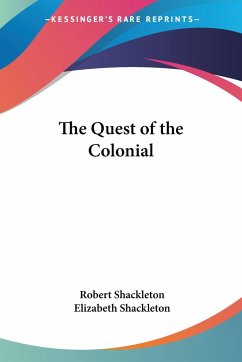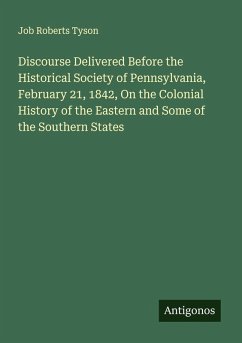
On the National and Colonial Questions
Selected Writings
Versandkostenfrei!
Versandfertig in 1-2 Wochen
20,99 €
inkl. MwSt.

PAYBACK Punkte
10 °P sammeln!
Marx and Engels were first drawn into political militancy on the issue of the national unification of their native land Germany and the creation of a democratic republic there instead of monarchical autocracy. They had begun studying the colonial question in diverse countries from Ireland to India and China as well as the national question such as Poland in their youth. Then the decade which followed the publication of the Communist Manifesto witnessed the national-democratic revolutions of 1848 all across Europe and the country-wide uprisings in India during 1857-59. They participated activel...
Marx and Engels were first drawn into political militancy on the issue of the national unification of their native land Germany and the creation of a democratic republic there instead of monarchical autocracy. They had begun studying the colonial question in diverse countries from Ireland to India and China as well as the national question such as Poland in their youth. Then the decade which followed the publication of the Communist Manifesto witnessed the national-democratic revolutions of 1848 all across Europe and the country-wide uprisings in India during 1857-59. They participated actively in the European revolutions and thought deeply about British colonialism in India writing thousands of pages on these developments across continents.Their reflections on India and China were crucial in Marx's later and more mature work notably Capital where colonialism is seen as a fundamental element in the primary accumulation of capital within Europe. Similarly the German experience made them deeply aware of the frequent counter-revolutionary role of the bourgeoisie even in the national-democratic revolutions. Usually their analyses of European nationalisms on the one hand and of the colonial experience in Asia on the other are seen as totally separate bodies of writing.This selection put together by the eminent Marxist scholar Aijaz Ahmad is unique in that it tries to see all of that work as part of a single political and theoretical project.












